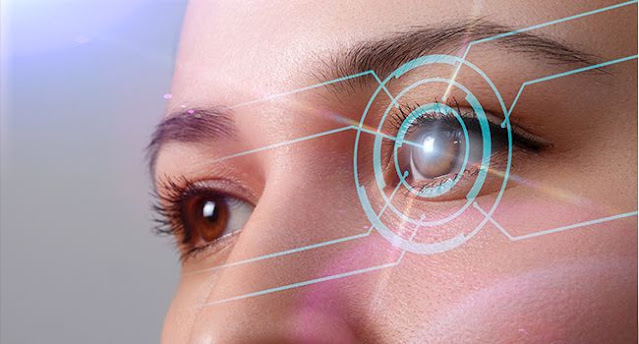Good vision is a precious gift that enhances our daily experiences and quality of life. For those who have relied on glasses or contact lenses to correct refractive errors like nearsightedness, farsightedness, and astigmatism, the prospect of clear vision without these aids can be quite enticing. This is where refractive surgery comes into the picture, offering an alternative to traditional eyewear. But is refractive surgery the right choice for everyone? Let's delve into the comparison between refractive surgery and glasses/contacts to help you make an informed decision in Newmarket.
Refractive Surgery: The Permanent Solution
Refractive surgery is a medical procedure designed to reshape the cornea, the clear front surface of the eye, to improve the way light rays enter the eye, ultimately leading to clearer vision. There are several types of refractive surgery, with LASIK (Laser-Assisted In Situ Keratomileusis) being one of the most popular.
Advantages of Refractive Surgery:
- Permanent Results: In most cases, refractive surgery newmarket provides a long-lasting, if not permanent, solution to vision problems. Many patients can say goodbye to glasses or contacts for good.
- Quick Recovery: Recovery from refractive surgery is relatively fast, with most people experiencing improved vision within a day or two.
- Enhanced Convenience: No more dealing with the hassle of cleaning and maintaining glasses or contacts. You wake up with clear vision.
- Glasses and Contacts: The Traditional Approach
Glasses and contact lenses have been the traditional means of correcting vision for decades. They work by altering the way light enters the eye, compensating for refractive errors and providing clear vision.
Advantages of Glasses and Contacts:
- Non-Invasive: Glasses and contacts are non-surgical solutions, making them suitable for people who may not be candidates for refractive surgery.
- Cost-Effective: Glasses and contacts are often more budget-friendly upfront compared to the initial cost of refractive surgery.
- Adjustability: Your prescription can be easily adjusted as your vision changes over time.
Choosing the Right Option in Newmarket
The choice between refractive surgery and glasses/contacts ultimately depends on your individual needs, lifestyle, and preferences.
Consider Refractive Surgery If:
- You're looking for a long-term or permanent solution.
- You're tired of the inconvenience of glasses or contacts.
- You want to experience activities like swimming or sports without vision aids.
- You're a suitable candidate after a comprehensive eye evaluation.
Opt for Glasses and Contacts If:
- You prefer a non-surgical approach.
- You have medical conditions that make surgery risky.
- You're comfortable with the maintenance and cost of eyewear.
- You don't mind the occasional adjustment of your prescription.
- Consult a Newmarket Specialist
Before making a decision, consult with an experienced eye care specialist in Newmarket like York Optometric Centre. They will assess your eye health, lifestyle, and vision goals to help you determine the best option for your unique situation.
In the end, whether you choose refractive surgery or stick with glasses and contacts, the goal is the same: to enjoy clear, comfortable vision that allows you to fully embrace life's adventures. The choice is yours, and it's all about what works best for you and your visual needs in Newmarket.



